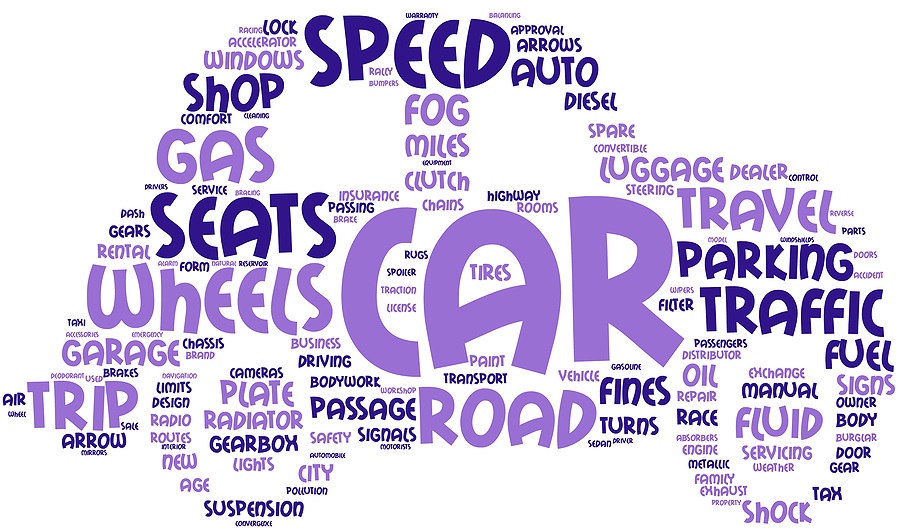Nobody likes paying tax but if you drive a car it’s just one more levy you have to dial into your annual budget. So how much is your car tax?
If you run a car you know that the entire experience comes with a cost. Put to one side the initial purchase price of the vehicle, the fuel to run it and the servicing and repairs, there’s car tax to be paid too.
Road tax or VED (Vehicle Excise Duty) is an annual duty that allows you to run and keep your car on the public road. Up until October 2014, proof that you had paid your road tax was shown by the iconic ‘tax disc’, a coloured circular document that you fixed inside your windscreen.
But today the police and licensing authorities have everything they need to know about you and your tax payment (or lack of it) on their database so the little disc is no longer necessary.

Law-abiding drivers accept the road tax charge and pay it, when reminded by the DVLA (Driver & Vehicle Licensing Agency), and it’s just as well that the reminder notice comes through the post – because knowing how much you should car tax you need to pay is a complicated business.
Part of the intricate equation is down to the year your vehicle was first registered while another part of the puzzle comes down to its engine type, size and CO2 emissions. If you drive an electric vehicle (EV), which doesn’t emit exhaust gases, you might still qualify for road tax-free driving. But this won’t last forever – VED on EVs is due to be introduced in 2025.
The basic rate of VED is £180 a year but what you actually pay can go up as well as down, depending on your car.
When was the car registered?
Vehicles first registered after 1st March 2001 and then 1st April 2017 have their rates split by CO2 emissions bands. The lower your emissions, the less you pay – it’s a sensible way for people to try to keep pollution down, with rewards for those that make the effort to find a ‘greener’ car.
You’ll probably have a rough idea of how old your car is but to be sure check the vehicle’s V5C, or logbook, which will show the first date of registration. Then use that year in the tables published by the Government on its website:
www.gov.uk/vehicle-tax-rate-tables
Pre- 2001
For cars registered before 1st March 2001, it’s fairly simple – an engine size of 1549cc or less costs £200 per year while engines over 1549cc will attract a £325 tax.
2001 – 2017
For vehicles first registered between March 2001 and April 2017 the CO2 emissions become more important and these are split into 13 bandings. VED band A, for example, is for cars emitting less than 100 g/km of CO2 and attract £0 tax. Band B (101-110 g/km) is £20 and the rates steadily increase, including Band E (131-140 g/km) at £180, Band J (186-200 g/km) at £365 up to the top banding M (over 255 g/km) at £695.
Post-2017
It all changed again in April 2017, when the Government discovered millions of drivers were opting for smaller-engined, economical cars with very low CO2 emissions and paying little or no road tax. With millions of pounds in lost revenue, they had to make some urgent alterations to the tax laws.
So cars registered since 2017 attract a so-called showroom tax based on the CO2 figure which then reverts to the standard £180 per year for everyone (except EVs at £0, and alternative fuel cars such as hybrids, at £170).
Buy a car with zero emissions and it’s still £0 (showroom tax and yearly tax), go to 1-50 g/km and it’s £10 and £180 from the second year, 91-100 g/km attracts £165 and £180, 171-190 g/km is £1040 and £180 and for over 255 g/km it’s £2605 showroom tax and the £180.
But it doesn’t end there if you are in the market for an expensive car. On vehicles with a list price (the advertised price before discounts) of more than £40,000, you have to pay an extra £390 a year for the next five years. It’s still £0 if the car is zero-emissions.
Insurance and MOT

To get road tax for your car you must prove that you have car insurance and, where applicable, that the vehicle has an up-to-date MOT certificate (it will need one once it reaches three years old).
While proper insurance cover is down to you – and the police will know if you haven’t arranged it – MotorCheck can tell you if a car you are thinking of buying has an up-to-date MOT certificate. An MOT history investigation is part of MotorCheck’s £9.99 ‘Single Check’, along with finance, vehicle identity, colour changes and mileage checks.
So, while you shouldn’t be avoiding taxes, you certainly can avoid a car with a hidden or dangerous history.
